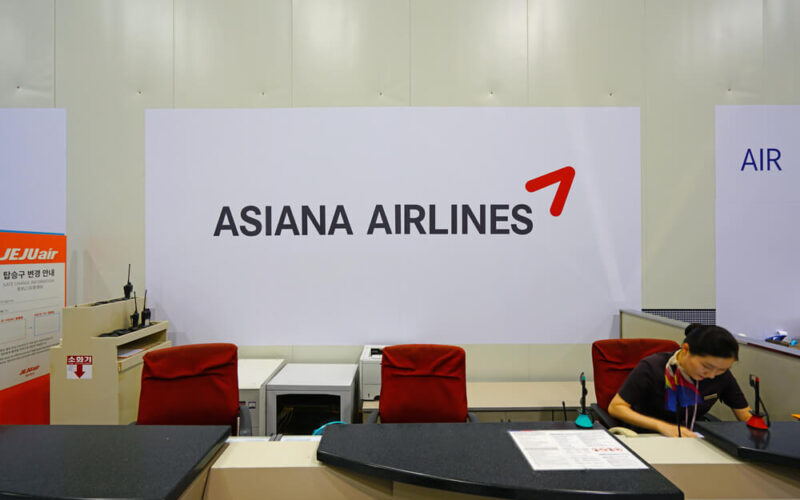Hyundai Development Company (HDC) and Mirae Asset Daewoo announced that the two sides entered an agreement with Kumho Industrial to initially acquire Kumho Industrial‘s 31% stake in Asiana Airlines for $2.2 billion (W2.5 trillion).
HDC plans to further invest in the South Korean airline, becoming a majority shareholder with a 61.5% stake in Asiana Airlines. This will require an additional round of funds, amounting to $1.8 billion (W2.1 trillion), while Mirae Asset Daewoo will chip in $431 million (W498.9 billion) and will hold a 15% stake in the carrier.
Additionally, HDC will inject $1.8 billion (W2.18 trillion) of fresh funds into the carrier, providing an opportunity for Asiana Airlines to get back up on its feet, according to the company’s press release. In its Q3 2019 financial report, the Seoul-based carrier reported a net loss of $199 million (W232.52 billion), contrasting a net profit of $42.9 million (W49.65 billion) in Q3 2018.
Chairman of HDC, Chung Mong-gyu stated that the consortium would start the “acquisition process immediately” as the two companies aim to financially stabilize Asiana Airlines and “make it a carrier that puts safety first.” According to the press release, the target to finish the acquisition is April 2020.
HDC will also acquire shares in Asiana Airlines’ ventures, such as Air Busan and Air Seoul, two South Korean low-cost carriers, amongst other subsidiaries.
Another consortium, led by KCGI (Korea Corporate Governance Improvement), was rumored to also bid for the second-largest South Korean airline. However, the rumors did not come to fruition and instead, Hyundai Development Company and Mirae Assest Daewoo were selected as the leading group to take over Asiana Airlines.
The airline ended Q3 2019 with 84 aircraft, 72 passenger and 12 freighters, including six Airbus A380 Super Jumbo jets. By market share, it transferred 19.4% of domestic passengers within South Korea and 15.1% of international passengers from and to the Asian country. Its biggest rival, Korean Air, had a 23.2% and a 22.1% market share throughout July and September of 2019, respectively.

